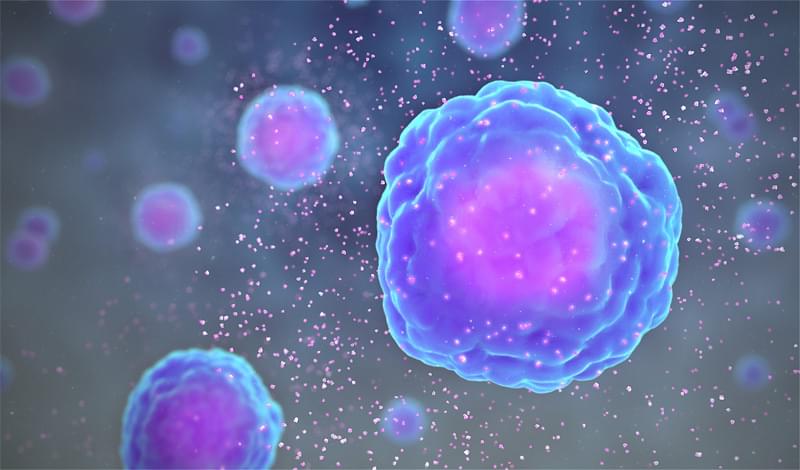BioNTech, the company that partnered with Pfizer to develop a COVID-19 vaccine, is now testing whether mRNA can be used to treat cancer.
Messenger RNA (mRNA) vaccines work by tricking our bodies into producing a small part of a virus. For the Pfizer–BioNTech COVID-19 vaccine, this involved isolating the spike protein of SARS-CoV-2 (the virus that causes COVID-19). This protrudes from the outer surface of the virus and is used to latch onto specific cells in your body, infecting them and causing more copies of the virus to be made. Researchers obtained the spike protein’s RNA, then created mRNA based on these molecular instructions.
Once injected, the mRNA vaccine will instruct cells to build spike proteins in large volumes – not the virus itself, just the spike protein. This is enough to kickstart our immune response, training the body to recognise the spike protein, without making us sick. B-cells (also known as lymphocytes) can last for months or years and will “remember” the spike protein, making Y-shaped proteins called antibodies to destroy any SARS-CoV-2 encountered in the future.
